Our results
Innovative
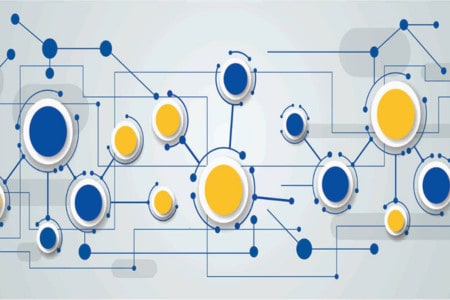
AlpSib
AlpSib Transnational Methodology for social impact investing policies
This compact report gives an initial overview over the examined three value chains of apples, walnuts and herbs/hay in the first work package of AlpBioEco and builds up the base for further work packages. The work package T1 has been developed under the leadership of the Bavarian AlpBioEco project partner, KErn, Competence Center for Nutrition. Although the investigated value chains have its specific peculiarities, a replicable roadmap for the analysis of bio-based value chains could be developed based on the learnings in the project. The roadmap shall be a standardised guide to analyse value chains with bioeconomic aspects and potentials in regions like the Alpine Space.
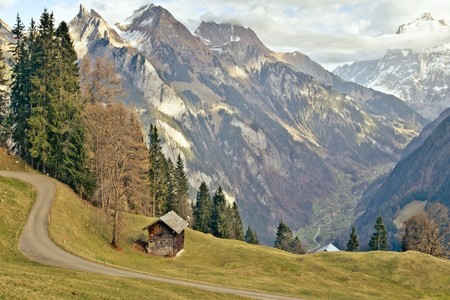
Care4Tech
CARE4TECH Output O.T.1.1 AS Knowledge Atlas
Interested stakeholders have the possibility to access the AS Knowledge Atlas by submitting a formal request with Carinthia University of Applied Sciences under: j.oberzaucher@fh-kaernten.at. In order to receive access, they have to fulfil the following formal requirements: – Organizations located in the Alpine Space region that have already implemented or are implementing projects in the field of Smart Living – Sign the CARE4TECH Informed Consent – Fill in the Interview Scheme containing institutional data and questions relating to activities in the field of Smart Living As soon as the formal requirements are fulfilled, interested organizations will receive their own login data via email.
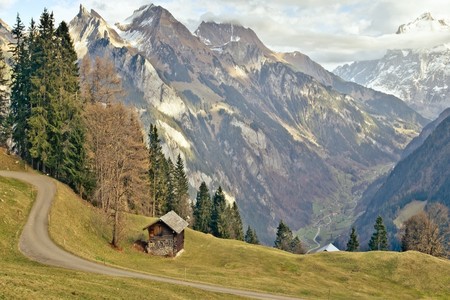
DesAlps
DesAlps_Design Thinking Teaser: the complete toolkit
DesAlps Design Thinking Teaser was designed by Design Thinking experts to introduce the tools and methodology typical of this method to those who intend to apply this method in their company but have never experienced this type of tools before. It includes guidelines and template to experience a complete innovation path.
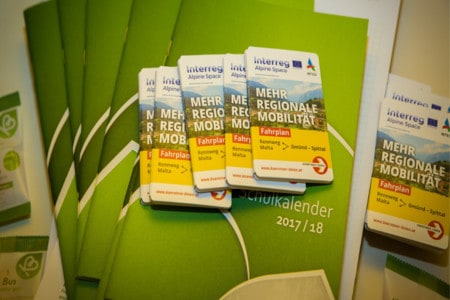
INTESI
INTESI Handbook
The relevant INTESI conclusions are summarised in one single and easy to read handbook on the topic of integrated, territorial services of general interest (SGI).

SMART-SPACE
SMART SPACE strategy to strengthen AS SMEs’ digitisation processes
Smart Space strategy contains strategic actions to reinforce the cooperation and the collaborations within the Alpine Space area on the topic of digitization of traditional SMEs. The Smart Space Strategy has been built on 4 pillars, with a list of actions and expected outputs for each of the pillars.
Low Carbon

AlpInnoCT
AlpInnoCT Toolbox of Action
The virtual Toolbox of Action summarizes the main results and aims to provide information for political and economic decision makers and the civil society, on how Combined Transport can be fostered in Europe and the Alpine Space for a successful shift of freight traffic, from road to rail.
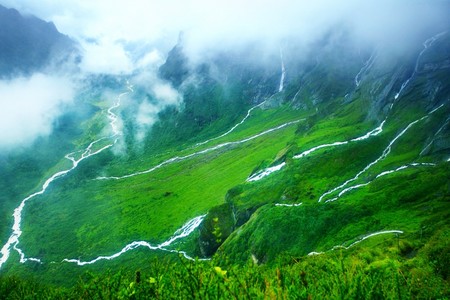
CaSCo
Low Carbon Timber Toolkit
The publication enables planners and architects to better assess various aspects of sustainability of products and construction materials at an early stage of the planning process. Thus it sets the course for more sustainable buildings.
e-MOTICON
e_MOTICON WHITEBOOK for integrated planning of E_CS
e-MOTICON White Book includes the e-MOTICON strategy for the planning of interoperable E-CS network across the whole Alpine Space area, coherent with EU Policies and Alpine Space Strategy (EUSALP). It might be considered a strategic support for regional and local Public Administrations in definition of their policy in supporting e-mobility. The strategy is integrated and customized into five Regional Action Plans that propose actions to be implemented to reach short, medium and long-term objectives to plan an integrated E-CS in the Alpine Space area.

GREENCYCLE
Manifesto for circular economy
Circular Economy is an alternative strategy to the currently dominant economic take-use-dispose model that is exploiting finite natural resources, creating toxic waste mountains and garbage whirls in the oceans as well as polluting air, soil and water. Instead the Circular Economy is a framework for a sustainable economy that is designed to be restorative and regenerative. – Products and resources are kept in the economic cycle as long as possible by creating closed loops of material use. – Waste will be more and more designed out of the system and reduced. – Circular Economy products are developed, distributed and reprocessed by using re-generative resources and renewable energy. – Circular Economy products are durable and easy to repair, easy to reuse, easy to share, easy to refurbish and easy to recycle.
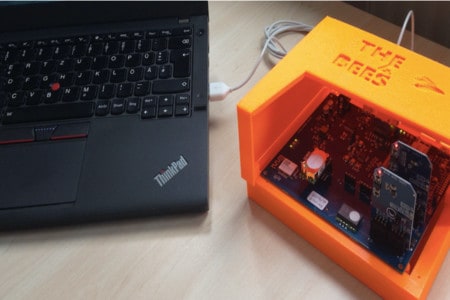
THE4BEES
Methodological framework for CCLabs
THE4BEES project builds on the hypothesis: Energy is consumed by people rather than by buildings. To approach this hypothesis, the project focuses on behavioural change of users in public buildings. It is based on an inclusive collaborative approach traditionally addressed as open innovation. More specifically it introduces Co-creation labs, a form of labs evolving from the Living Labs methodology. CCLabs should be understood as an organizational form using the same principles and building upon the same methodological guidelines, but they differ one from another due to the different content and stakeholder reality, as well as the different groups they are addressing. The proposed methodological guidelines help the CCLabs to prepare their individual Action plan (CCLabs Plan D.3.1.2), where each co-creation reality is addressed more specifically. The Action plans serves as roadmaps for working with target groups and achieve project results.
Liveable
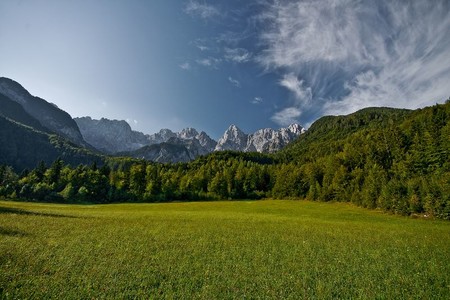
ALPBIONET2030
Policy recommendations for ecological connectivity in the EUSALP area and for the Alps-Danube-Carpathians cooperation
1. Recommendations to enhance and promote ecological connectivity in the EUSALP area 2. Recommendations and Action Plan for the Alps-Danube-Carpathians cooperation for ecological connectivity
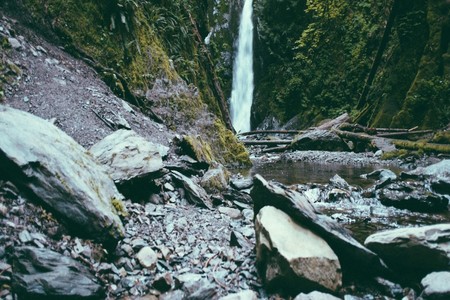
AlpFoodway
Guidance Paper on the Successful Valorisation of the Alpine Food Heritage
This Guidance Paper has the goal of supporting stakeholders at all levels to engage in collective initiatives aimed to turn the Alpine food cultural heritage into marketable offers. Specifically, it provides actional guidelines for food heritage actors, educational institutions and policy makers on how to valorise the Alpine food heritage.
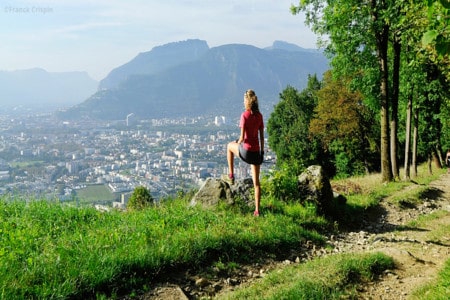
LOS_DAMA!
LOS_DAMA! Compendium
Within LOS_DAMA! 7 cities, institutes and metropolitan regions developed and implemented local pilot projects in the following city regions: Munich, Salzburg, Vienna, Ljubljana, Trrento, Turin and Grenoble. A detailed description of the local activities is published in the LOS_DAMA! compendium and linked with the tools used for implementation. In addition overall challenges of enhancing Green Infrastructure in the Alpine Space are explained followed by the solutions of Project Partners in the different plannign contexts.
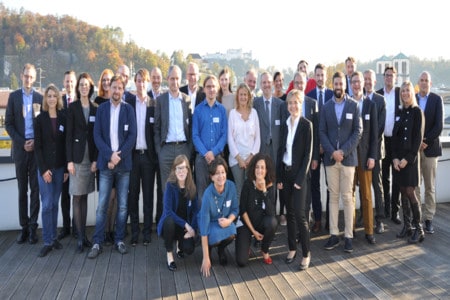
RockTheAlps
Book: Smart Specialisation Strategies with Smart Clusters – A New Approach to Generating Transformative Activities
The S3-4AlpClusters project aims at enhancing smart industrial transition in the regions of the Alpine Space by facilitating innovation through cluster initiatives and initiating interregional cooperation. Recent experiences show that the identification and development of transformative activities – i.e. the innovation capacities and actions that have the potential to lead to structural change – remain a significant challenge in the practical implementation of Smart Specialization Strategies (S3). This challenge is addressed in our new book, Smart Specialisation Strategies with Smart Clusters – A New Approach to Generating Transformative Activities. Reference: Bersier, J. and Keller, M. (Eds.). (2019). Smart Specialisation Strategies with Smart Clusters – A New Approach to Generating Transformative Activities. Interreg Alpine Space, S3-4AlpClusters Final Publication.
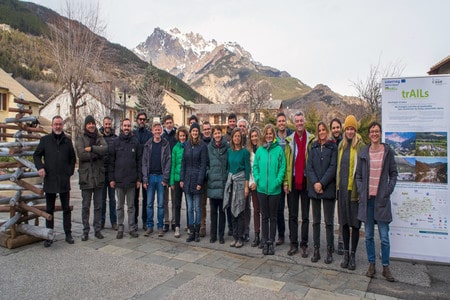
trAILs
Project handbook for Alpine brownfield transformation
The project handbook presents the project aims, activities and the achieved results. The project main outputs, tools as well as the planning and policy recommendations and the learning module are also integrated.
Well-Governed

GAYA
Comparative report “Democratic Innovation and Participatory Democracy in the Alpine Area”
The report provides a portrait of the legal framework of democratic innovation in the Alpine States and Regions and maps empirical trends by collecting good examples of and statements on participatory democracy implemented in the Alpine region.
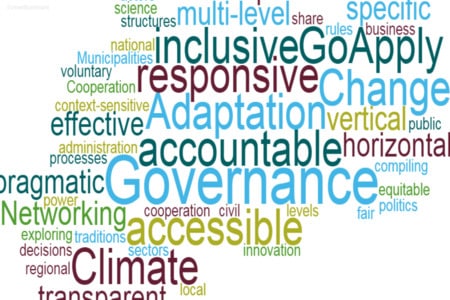
GoApply
Climate Adaptation Governance in the Alpine Space: Transnational Synthesis Report
Transnational comparison of climate adaptation governance (policies, actors, multilevel interactions, good practices, barriers, success factors) in Austria, Germany, Italy and Switzerland with joint lessons learnt, policy recommendations, and a cross-country compilation of good practice examples.

